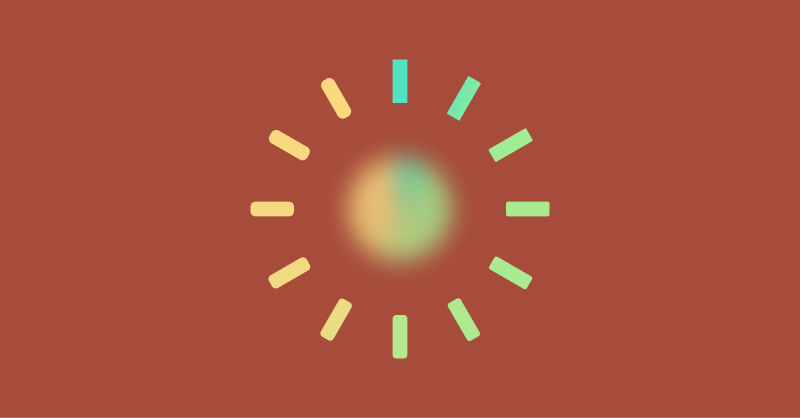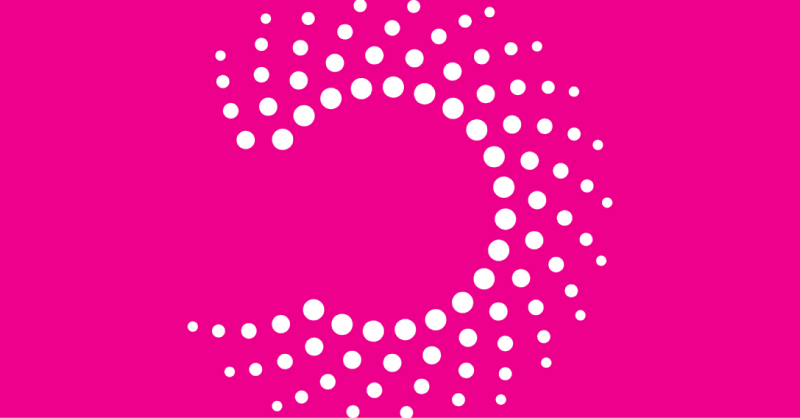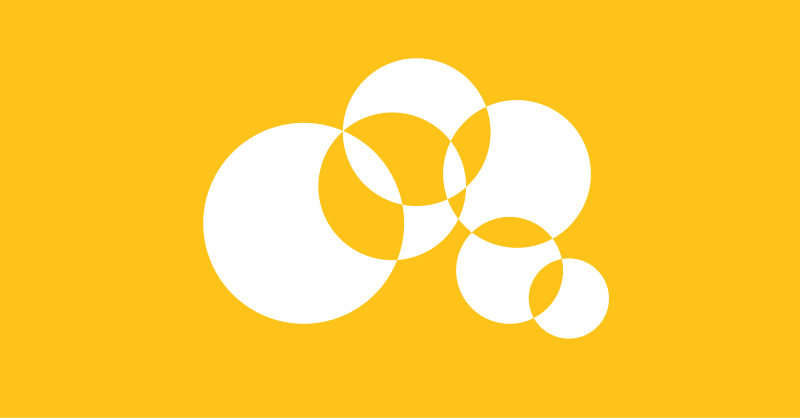BL&T No. 171: Getting the Most Out Of My Sleep as a New Parent

This post originally appeared in my weekly newsletter, BL&T (Borrowed, Learned, & Thought). Subscribe
Borrowed
"The way of the Nonessentialist is to see sleep as yet another burden on one’s already overextended, overcommitted, busy-but-not-always-productive life. Essentialists instead see sleep as necessary for operating at high levels of contribution more of the time. This is why they systematically and deliberately build sleep into their schedules so they can do more, achieve more, and explore more."
From "Essentialism: The Disciplined Pursuit of Less" by Greg McKeown [Book]
Learned
Ever since the arrival of my son Mylo, the question of whether my wife Dana and I are getting any sleep has become a staple in our conversations with family, friends, and colleagues. Mylo isn't sleeping through the night yet, and how much he'll be up each night is a toss-up. For example, he took us on a ride last night. While some nights are more challenging than others, I've luckily yet to reach the point of feeling like a real-life zombie.
For me, the journey through parenthood these past four months hasn't been about attempting to force past rituals into our new reality or throwing everything out the window. Instead, it's been about adapting to our ever-changing life with Mylo, which has included a shift in my perspective on sleep.
Sleep is not just about the minutes spent in bed but the quality of that rest. My focus has been getting the most restful sleep possible when my head hits the pillow. That means if I'm up four or five times throughout the night for however long, I can still get the most out of the remaining time. I'll get into this more later, but Dana and I have also started going to bed earlier as much as we can to maximize our chances of getting enough sleep.
You can see this play out in Whoop, a fitness tracker I've been wearing for the past four years.
While I rarely meet my sleep quota (the amount Whoop says I need to recover from the day's strain)...

....my sleep efficiency (defined as the time you spend in bed actually asleep) is high...

....and my recovery hovers in the green and yellow zones. Most of the time, I can equate yellow recoveries to getting to bed later than I should have, especially after a day of high strain, as shown here last week.

With deliberate changes, these metrics have generally improved in the last couple of months. Here are some of the behaviors and tactics I've employed that have positively impacted my sleep.
High-intensity workouts: I started getting up every weekday around 6:15 am and exercising first thing to get it done before the unexpected of the day can give me a reason to skip. I've introduced more cardio sessions that get me to 80-90% of my maximum heart rate. This typically equates to three sessions of conditioning or running. I've done a bunch of HIIT workouts in the past, so it feels good to get back to it. Running, however, is new. Although it's just on the treadmill for now, I'm enjoying it. Since changing my routine, I've notably felt more tired in the evening and ready to wind down. In the past, I've noticed that the less active I am during the day, the more inclined I am to stay up later at night, and ultimately, my sleep suffers.
Consistent bedtime: With getting up earlier to exercise, I've had to prioritize an earlier bedtime. As mentioned, Dana and I also realized that our best chance for good sleep is to be in bed by a set time each night, so even when Mylo keeps us up at night, we've given ourselves more time to sleep. Currently, we do our best to be in bed by 10:30 pm. I remember watching a sleep MasterClass a while back while on a flight. Neuroscience professor Matthew Walker shared how consistent sleep and wake times improve your circadian rhythm. It made sense, but I've never felt the impact until now. My body knows it's time for bed, and it's become increasingly easier to peel myself out of bed each morning.
Sleepytime tea: We've had these 'Sleepytime' tea bags sitting in our pantry for a bit, but I think I avoided them because I was worried they would knock me out. Growing up, my friend Kyle once drank a Bob Marley-inspired "chill out" tea in the early evening, and that was it for his night. I kept calling him to hang out as planned, but he didn't answer. The next day, he told me what happened. Apparently, the tea had melatonin in it. Anyway, this tea is not that! According to the box, ingredients include chamomile, spearmint, lemongrass, hawthorn, blackberry leaves, tilia flowers, sugar, honey, and molasses. It is becoming a soothing pre-sleep routine, signaling to my body that it's time for sleep.
Weighted blanket: Dana bought a weighted blanket years ago, but we only occasionally used it to sleep. It's not as nice to look at as our comforter, so we'd always put it away in the morning. But I recently recovered it when looking for ways to improve sleep. Now, it sits under our comforter and has worked wonders. It's like sleeping in a hug.
Mouth taping: I have vivid memories from my childhood of sleeping on the bus on my way to school and then waking up with my mouth wide open. Slightly embarrassing. After reading "Breath" by James Nestor last year, I started mouth-taping at night during sleep.
"Sleeping with an open mouth exacerbates these problems. Whenever we put our heads on a pillow, gravity pulls the soft tissues in the throat and tongue down, closing off the airway even more. After a while, our airways get conditioned to this position; snoring and sleep apnea become the new normal." (James Nestor, Breath)
Unconventional as it may be, it's known for a wide array of benefits. Personally, it's been great not waking up with a dry mouth. I've also noticed myself feeling more energetic. I stopped doing it for a while when Mylo was first born because there was a lot of communication with Dana in those early nights! But I'm back to it now and feeling good.
Theta waves: Inspired by a podcast I listened to with Bryan Johnson, a former tech entrepreneur turned aging hacker, I started putting on 4 Hz theta waves at night before bed and noticed myself falling asleep faster. I started listening with headphones, and then Dana, pregnant and having a tough time sleeping, wanted in on the action. She also noticed a difference. Since then, I've curated a playlist featuring instrumental 4Hz theta waves tracks I play each night. If Mylo gets restless, it even seems to soothe him. He was non-stop crying on a long drive home over the weekend, and sure enough, theta waves did the trick. What started as an experiment with me and my AirPods has become a family affair.
Prioritizing daily steps: I used to take a walk every day with Dana, Mylo, and our dog, Gizmo, but with the dark setting in much earlier, it's been tough. Dana tends to do this during the day now. To ensure I get 10k+ steps daily, I've prioritized walking on my treadmill every morning when I begin work (it's under my standing desk) or later in the day, between client calls. On top of my exercise, this has been a great way to get going in the morning while also contributing to feeling more fatigued by the evening.
Reading & journaling: I used to read or journal before bed every night, but my priorities have shifted towards bedtime consistency. In other words, if I'm cutting it close to bedtime, I'll opt to get to sleep. However, I still find time to read and journal throughout the week. Audiobooks have been a game-changer for reading. It took me too long to get on board.
Other Stuff: I wear contacts during the day, so I typically only wear glasses at night. Several years back, I transitioned my glasses to blue light. Many people say this positively impacts sleep. I'm also trying to be better about stepping away from my phone at night, so the blue light helps with that exposure. I've also noticed changes in my diet, such as avoiding sugary or processed foods, help improve my energy levels and sleep.
I'm barely scratching the surface of sleep optimization strategies, but I've enjoyed experimenting and seeing what works. No doubt all of this will continue to evolve and change as life does the same. A big reason for sharing this is to not only document my current routine but also establish a reference point for the future. Mylo is only four months after all. Check back with me in a month or two.
Happy sleeping! To you and all the little ones out there.
Thought
What adjustments to my routine might help improve my sleep?








